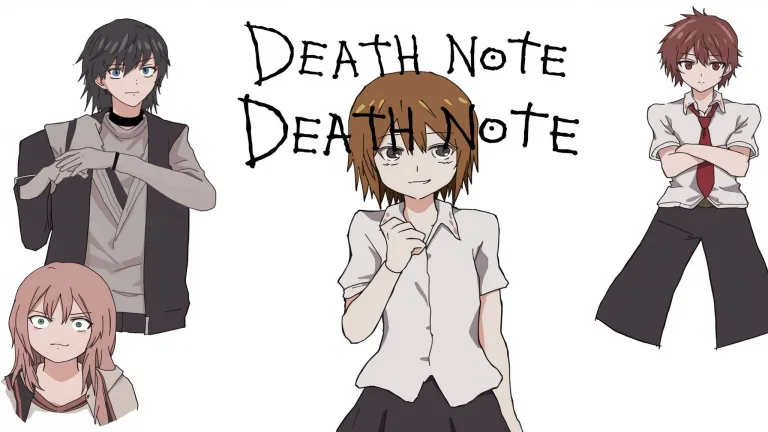
Introduction
Death Note has captivated audiences worldwide with its intricate storytelling and multi-dimensional characters since its debut. The clash of morality, power, and intelligence in the series prompted fans to dissect every nuance of its complex narrative. As fans delve deeper into the lore, they craft compelling theories about what lies beneath the surface of their favorite characters. From Light Yagami’s psychological struggles to L’s enigmatic traits and beyond, the possibilities are endless. In this blog post, we’ll explore some of the most intriguing fan theories about Death Note characters that could potentially hold water. Whether you're a long-time fan of the series or just getting into it, these theories will make you rethink everything you know about the show's iconic figures. So, gear up as we venture into the realms of speculation and reasoning, where every clue could lead to a brilliant revelation. Are you ready to challenge your perception of Death Note? Let’s dive into these thought-provoking theories!
The Hidden Connections of Light and L's Families
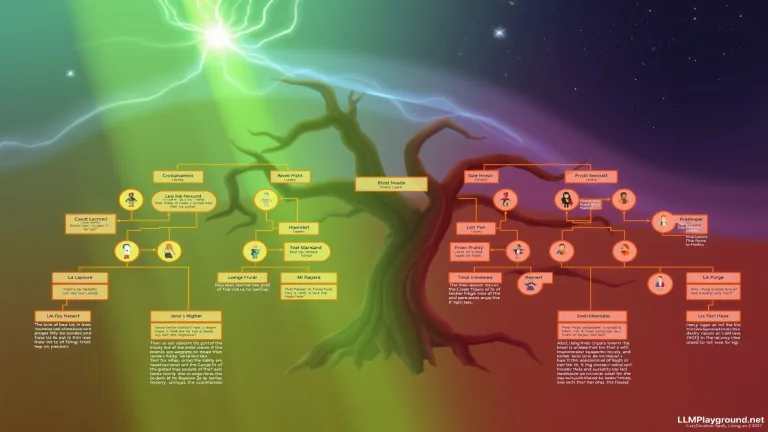
One of the most intriguing fan theories revolves around the hidden connections between Light Yagami and L's families. Many fans speculate that their backgrounds may be intertwined in ways that impact their rivalry. For instance, both characters share a common link to the weight of expectations placed upon them by their families. Light's father, Soichiro Yagami, is a dedicated officer, while L is portrayed as the last hope for solving cases that plague society. This shared duty might reflect deeper psychological influences stemming from their respective familial legacies, making their confrontation more than just a battle of wits.
Moreover, some fans have taken it a step further by theorizing that the two families actually knew each other before the events of 'Death Note' unfolded. What if, during their childhood, Light and L had crossed paths at some point? Such an encounter could add layers of complexity to their rivalry, creating emotional stakes that go beyond mere ideological differences. The possible knowledge and awareness of each other's existence could change how they interact, leading to a catastrophic downfall driven by fate rather than just design. This theory opens the door to a rich narrative exploration of how history can shape character motivations and rivalries in deeply interwoven ways.
Misa Amane: The Underrated Strategist
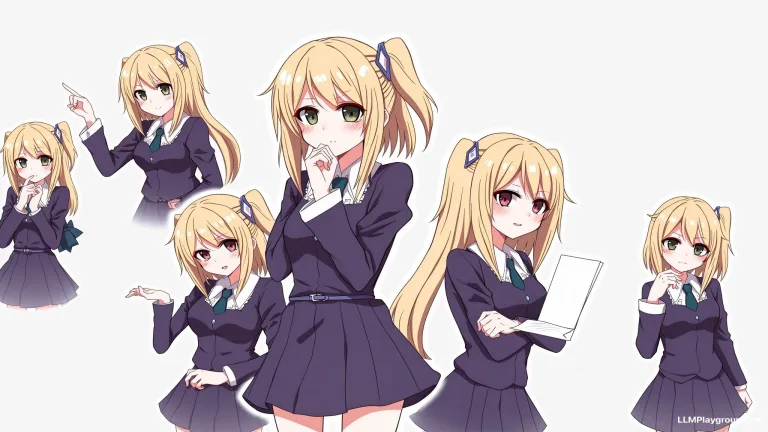
Misa Amane, often seen as the bubbly and somewhat naive character in Death Note, is frequently underestimated by fans. While she might be portrayed as the quintessential damsel in distress, numerous fan theories suggest that there's more beneath the surface. For instance, some viewers propose that Misa’s actions are part of a greater strategy to outsmart Light Yagami. Considering her unwavering loyalty and her possession of a Death Note, could Misa be playing a more instrumental role in the battle against Kira than we realize? By examining her choices and alliances, we dive deeper into the complexity of her character and uncover a possible mastermind lurking behind her cheerful demeanor.
Furthermore, the idea that Misa has an innate understanding of Light’s psyche is worth exploring. It’s theorized that she may have been manipulating events to ensure her survival and to keep Light in check. Some fans believe Misa’s seemingly reckless decisions are calculated distractions, enabling her to gain crucial information while maintaining her cover. This opens up discussions about her intelligence and strategic thinking, prompting us to look beyond her initial portrayal as merely a love-struck idol. As we reassess Misa's role in the series, we begin to appreciate her as an underrated strategist, showcasing the depth of her character and the intricate layers of the narrative.
Death Note: A Portal to Alternate Universes
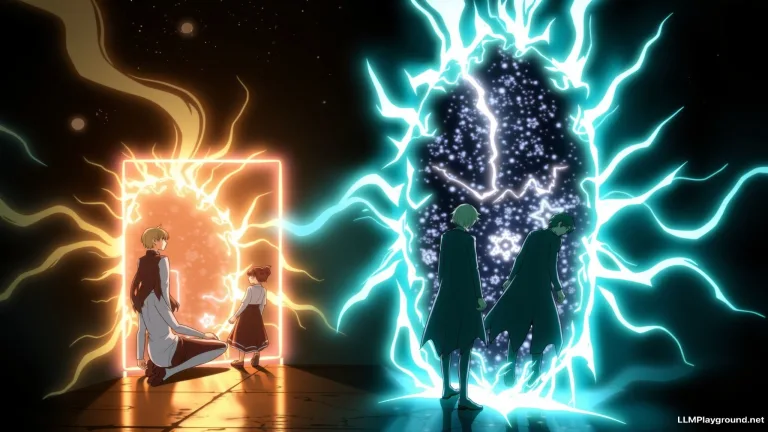
In the intricate world of Death Note, many fans speculate that the series serves as a gateway to alternate universes. This theory primarily stems from the existence of multiple Ls, as evident in the 2017 live-action adaptation. Some fans propose that each character represents a different aspect of justice, morality, or intellect, indicating a parallel existence where choices lead to varied outcomes. If this is true, it could explain the different interpretations of Light Yagami's character and how he fluctuates between heroism and villainy in diverse fan narratives. Each timeline could reveal unique facets of each character, deepening our understanding of their motivations and decisions.
Another intriguing angle involves the Shinigami Realm, the ethereal dimension where death gods reside. Could it be possible that the Shinigami exist in different timelines, each linked to a human's choice in their universe? This theory posits that Ryuk's decision to drop the Death Note into Light's world could trigger an array of alternate realities. While Light achieves power and control in one universe, other scenarios might unfold—potentially with different outcomes for characters like L, Misa, and even Near. This dynamic not only broadens the narrative scope but also intensifies debate on moral ambiguity, making us question where we stand when faced with the temptation of power like the Death Note offers.
Ryuk's True Intentions: Beyond Mischief
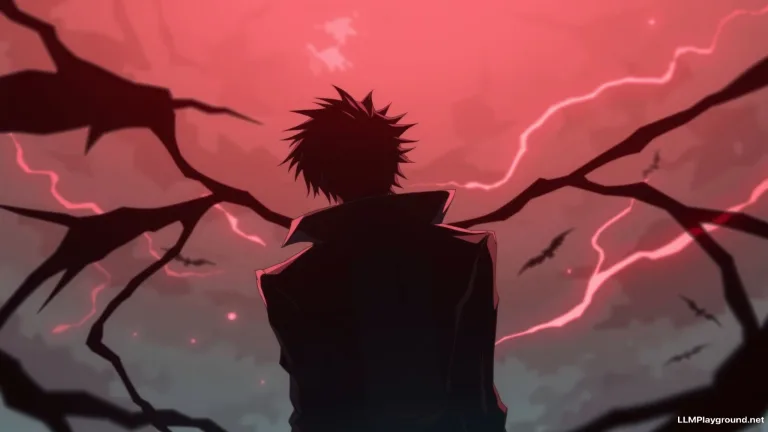
When it comes to the enigmatic Shinigami Ryuk, fans have long speculated about his true intentions throughout the series. While many view him merely as a mischievous observer who dropped the Death Note into Light Yagami's hands for his amusement, deeper analysis suggests there might be more beneath the surface. Ryuk's boredom in the Shinigami realm isn’t just a casual detail; it reflects a profound desire for chaos and human emotion, suggesting that he may have been testing the limits of human morality by directly influencing the world of the living. Fans have posited that Ryuk’s actions go beyond mere excitement and could be seen as a philosophical experiment on the nature of justice and power.
Moreover, some theories propose that Ryuk might have a hidden agenda to disturb the balance between life and death. His nonchalant attitude towards the consequences of Light's actions could imply an underlying goal to witness the destruction of human values. By giving the Death Note to Light, Ryuk not only creates a spectacle but may also be fulfilling a role as an unintentional catalyst for change in the human realm. This complicates our understanding of Ryuk, turning him from a mere spectator into a potentially manipulative force. Fans argue that this ambiguity is part of what makes his character so compelling, as it blends humor with profound moments of introspection about good and evil.
The Fate of Near: The True Successor?
In the world of Death Note, Near's role as L's successor has always been a contentious topic among fans. Some theorists believe that Near, with his intellect and strategic mind, wasn't just a successor by circumstance but rather L's true choice. In numerous subtle ways, Near mirrors L's methods and thought processes, suggesting a deeper connection that might have been a part of L's long-term plan. Could it be that L anticipated the threat posed by Kira and carefully cultivated Near to take over should he fall short?
Moreover, Near's character arc compels us to question whether he truly represents a continuation of L's legacy or merely a shadow. Many fans speculate that Near's tendency to approach situations with a calculated distance is a reflection of L's own personality. This raises intriguing possibilities about his moral compass. Was his success over Light Yagami purely a stroke of genius, or does it hint at darker intentions? These theories open up discussions about the ethical implications of intelligence and justice within the series. As we delve deeper into fan theories about Near, we might just uncover layers that shed new light on the themes of power, responsibility, and the true nature of justice in the Death Note universe.
Old Man Watari: The Mastermind Behind the Scenes
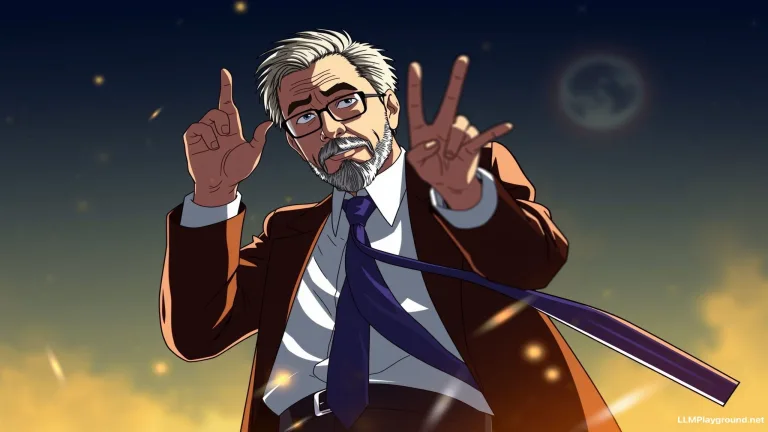
When diving into the intricate world of *Death Note*, one character often overlooked is Watari, the elderly figure who assists L and serves as his confidant. While his role may seem simple at first glance, fan theories suggest that Watari is actually the mastermind orchestrating events behind the scenes. Many fans point to his vast knowledge and resources—proof that he could wield significant influence over the investigation into Kira. His ability to remain several steps ahead raises the question: could Watari have been manipulating events all along to ensure that L, and ultimately Light, succeed in their respective quests? This theory not only adds depth to his character but also opens up a realm of possibilities regarding his true intentions.
A popular fan theory posits that Watari may be tied to various significant occurrences in the series, subtly guiding the narrative's direction without ever revealing his true motivations. His involvement in the operations of the Wammy's House, where gifted children are trained to become detectives, hints at an underlying agenda. Furthermore, his mysterious past and connections—such as with the enigmatic organizations—add layers of intrigue. Is Watari merely a helper, or does he hold a darker secret that connects him more closely to the defining events in *Death Note*? Delving into Watari's potential mastermind status not only enriches the viewing experience but also challenges audiences to reconsider what they think they know about this pivotal character.
Beyond Kira: The Societal Impact of the Death Note
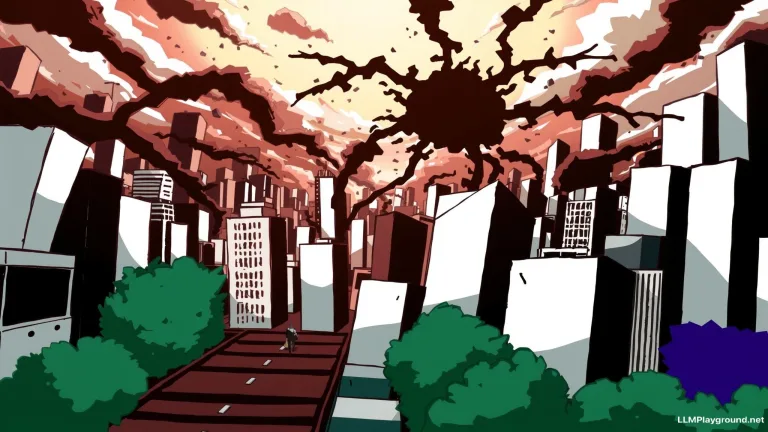
In the world of Death Note, the existence of the Death Note itself triggers a wave of complex societal changes that reflect our own contemporary issues. As Kira, the alias of Light Yagami, takes it upon himself to rid the world of criminals, the societal implications become profound. Many fans theorize that Kira's actions create a domino effect, leading to a global phenomenon where justice becomes skewed. This raises the question: Could a vigilante figure like Kira emerge in our society? With the power of social media and public opinion shaping narratives, it's entirely plausible that similar situations could unfold in real life, revealing how far individuals may go to impose their version of 'justice.'
Moreover, the enthusiastic following that Kira garners among the public exemplifies the complexities of morality and something familiar - the allure of a strong leader during chaotic times. Fans have speculated that characters like Misa Amane symbolize the dangers of blind idolization and the potential for manipulation by powerful figures. This raises crucial discussions about the responsibilities that come with influence and the societal consequences when individual beliefs overshadow laws. Curious plot twists could emerge if we consider the impact of public perception, leading to societal rifts similar to those we see in our own world. Thus, Death Note functions not only as a gripping anime but also as a mirror to the intricacies of morality, power, and societal dynamics.
Elusive Rem: The Shinigami's Perspective
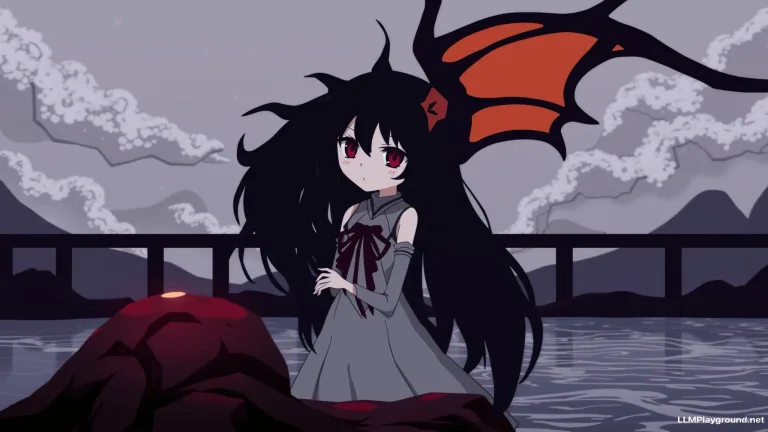
Rem, the enigmatic Shinigami in Death Note, offers a unique perspective that fans have long speculated about. One theory that has gained traction is that Rem’s emotions influence her actions far more than other Shinigami. Unlike her counterpart, Ryuk, who seems indifferent to the chaos surrounding the Death Note, Rem shows a deep sense of loyalty, especially towards Misa Amane. This theory suggests that Rem's strong emotional attachment may stem from her own tragic past, where she couldn't save her previous human, leading her to adopt a protective role over Misa. Fans argue that this complicated emotional landscape could be a pivotal reason behind her decisions, particularly when she ultimately risks her own existence to protect Misa, showcasing a Shinigami that challenges the traditional notions of a creature who revels in death and destruction.
Moreover, another intriguing angle is the notion that Rem embodies the struggle between duty and personal feelings. The fans believe that she represents the dichotomy within Shinigami culture — where detachment is the norm. Throughout the series, her expressions of care add a layer of depth; they provoke questions about whether Shinigami can truly understand human emotions or if it's just a construct born from their interactions. Such complexities offer a treasure trove of interpretations: could Rem's actions be interpreted as a form of rebellion against Shinigami conventions? This discussion highlights that Rem is not just a passive observer but an active participant in the moral dilemmas that characterize the narrative, and this rich backstory could very well be the key to understanding her motivations.
The Power of the Notebook: Unraveling Its Myths
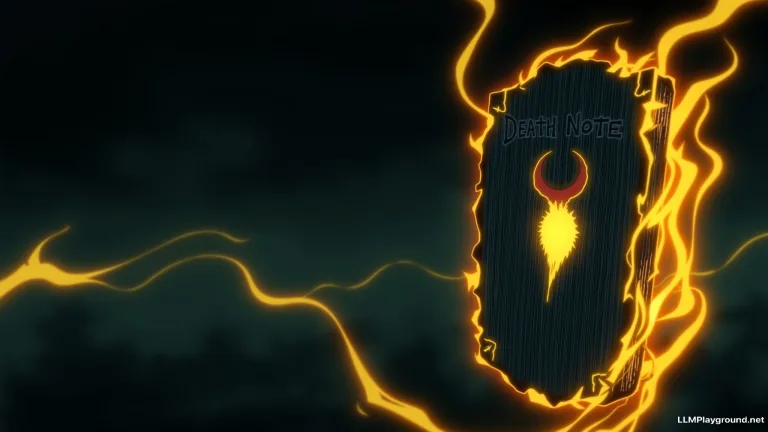
The Death Note, a seemingly ordinary notebook with extraordinary powers, has captivated fans since its inception. Commonly believed to be a tool solely for executing justice or creating chaos, theories abound about the notebook's true capabilities and limitations. Some fans speculate that the Death Note might not only be a means for its user to kill but could also have the power to influence other actions or even spark unforeseen consequences in the worldly balance of good versus evil. This theory raises interesting questions about whether the notebook could be seen as more of a curse than a blessing, trapping its users in a cycle of despair and moral ambiguity.
Moreover, one compelling theory suggests that the Death Note is actually a manifestation of its user's inner psyche. Some argue that the notebook reflects the user's thoughts, fears, and desires, adapting its powers based on their mental state. This insight could shed light on characters like Light Yagami and his descent into darkness as he becomes increasingly consumed by the need for control and power. By examining the notebook through this lens, fans begin to question whether it’s a mere tool or an extension of the character's very essence, which adds depth to their motivations. As we continue to explore these fan theories, the significance of the Death Note only grows, leading us to reconsider what true power means in a world governed by choices and consequences.
Kira vs. Justice: Moral Dilemmas Explored
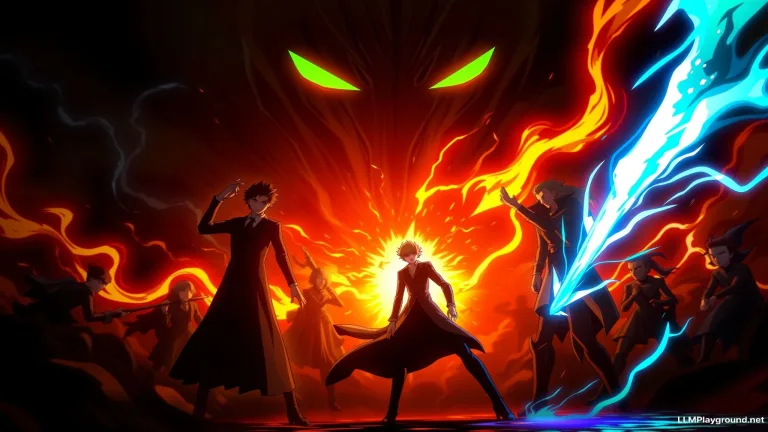
In the gripping narrative of Death Note, the confrontation between Kira and his adversaries introduces profound moral dilemmas that continue to provoke thought and discussion. On one hand, Kira, a.k.a. Light Yagami, embodies a twisted sense of justice, believing he can create a utopia by eliminating criminals. His actions prompt viewers to question the ethical implications of vigilante justice and whether the end truly justifies the means. This moral gray area is where the show excels, drawing fans into a debate over right versus wrong. Can one genuinely pursue justice if it leads to innocent lives being sacrificed? In the battle between Kira's vision and traditional morality, viewers are left pondering what they would do in such a position, allowing for a deep engagement with the character's motivations and justifications.
On the flip side, characters such as L and Near highlight the importance of a justice system grounded in due process. They represent the belief that real justice cannot take the life of even a single innocent person, regardless of the situation. As the series unfolds, their unwavering commitment to uphold these principles creates a contrasting narrative to Kira's ideology. This friction between Kira's extremist view and L's logical approach raises pressing questions regarding the implementation of justice in our own world. Should we accept a flawed system, or is there merit in Kira's radical methods? These theories challenge fans to consider the implications of morality and justice in a universe where the lines are uncomfortably blurred.
Conclusion
In conclusion, the world of Death Note is rich with possibilities, and fan theories add an exciting layer of depth to the narrative. Whether it's the nuanced psychological battles among characters or the moral dilemmas they face, these theories encourage us to think critically about the story and its characters. As we've seen, some theories may seem far-fetched at first glance, but many have a solid foundation rooted in the show's storytelling and character development. Exploring these theories not only enhances our understanding of the series but also fuels the passion and creativity within the fan community. So, the next time you revisit Death Note, keep these theories in mind. They might just change how you perceive Light, L, and the moral complexities they navigate. Until then, keep theorizing, keep questioning, and always remember: nothing is ever truly as it seems in the world of Death Note!
Frequently Asked Questions (FAQs)
Q: What is Death Note about?
A: Death Note is a psychological thriller that follows a high school student, Light Yagami, who discovers a notebook that allows him to kill anyone by writing their name in it.
Q: Why do fans create theories about Death Note characters?
A: Fans create theories to explore deeper meanings, character motivations, and alternative storylines, enriching their viewing experience and engaging with the community.
Q: Are the fan theories about Death Note characters official?
A: No, fan theories stem from the community's interpretation of the series, and while they can be compelling, they are not part of the official canon.
Q: Do fan theories about Death Note have any basis?
A: Many fan theories are based on subtle clues and character behaviors presented in the series, making them plausible within the established narrative.
Q: How can I participate in discussing Death Note theories?
A: You can join online forums, social media groups, or fan websites dedicated to Death Note to share your thoughts and engage with other fans' theories.
